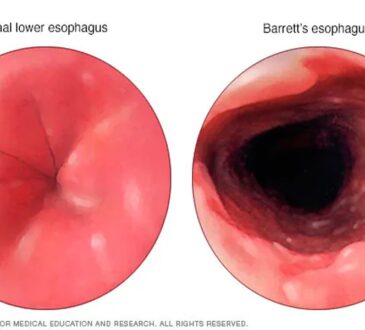
Noticing blood in stools can be alarming, and it should be. While many people may dismiss it as a harmless issue caused by hemorrhoids or temporary irritation, the truth is that passing blood during a bowel movement is not something to ignore.
Even if it only happens once or appears as a small amount, it can signal a wide range of underlying health problems, some of which are serious. So, how long can you safely ignore it? The short answer is: you shouldn’t ignore it at all. Let’s explore why.
What Does Blood in Stools Look Like?
Rectal bleeding can appear in several forms:
- Bright red blood on toilet paper or in the bowl
- Dark, tarry stools (a sign of older, digested blood)
- Blood streaked through the stool
The appearance of the blood can give clues about its source. Bright red blood often originates from the lower part of the gastrointestinal tract, such as the rectum or anus. Dark or black stools may indicate bleeding from the stomach or upper intestines. Regardless of how it looks, any blood in your stool warrants attention.
Common Causes of Blood in Stools
Some causes of bloody stool are benign and easily treatable, while others require urgent medical care. Here are a few common reasons:
- Hemorrhoids: Swollen blood vessels in the rectum that can bleed during straining.
- Anal fissures: Small tears in the lining of the anus, often caused by passing hard stools.
- Diverticulosis: Small pouches in the colon that can bleed.
- Gastrointestinal infections: Certain bacteria can cause bloody diarrhea.
- Inflammatory bowel disease (IBD): Conditions like Crohn’s disease and ulcerative colitis can lead to ongoing bleeding.
- Colon polyps or cancer: These are more serious causes, especially in individuals over 45 or those with a family history of colorectal cancer.
When It’s Okay to Wait — And When It’s Not
It’s understandable that some people might want to wait and see if the bleeding stops on its own. However, you should never wait more than a few days without seeking advice, especially if:
- The bleeding is recurring
- You also experience abdominal pain, fatigue, or weight loss
- You notice changes in bowel habits
- There is a family history of gastrointestinal diseases
In general, any blood in stool that lasts more than 48 to 72 hours or occurs more than once should be checked by a doctor, regardless of age.
Risks of Ignoring Blood in Stools
Delaying diagnosis can have serious consequences, especially if the bleeding is a sign of something more serious.
1. Delayed Diagnosis of Cancer
One of the most significant risks is missing early signs of colorectal cancer. This type of cancer is highly treatable when caught early, but becomes far more dangerous and harder to treat in later stages. Ignoring early symptoms can mean missing the best window for intervention.
2. Worsening of Underlying Conditions
If the bleeding is due to IBD, ulcers, or diverticulosis, lack of treatment can lead to complications such as infection, bowel perforation, or severe anemia.
3. Chronic Blood Loss and Anemia
Even small amounts of regular blood loss can lead to iron-deficiency anemia. You may feel tired, weak, dizzy, or experience shortness of breath — all signs your body isn’t getting enough oxygen.
4. Infection or Inflammation
Conditions like infections or fissures may worsen if not treated promptly, leading to more pain and complications over time.
When to See a Doctor Immediately
Seek medical attention as soon as possible if you experience:
- Large amounts of blood in the toilet
- Black, tarry stools
- Dizziness, fainting, or rapid heartbeat
- Ongoing bleeding for more than two days
- Accompanying fever or abdominal pain
These could be signs of a more serious condition that requires immediate intervention.
What to Expect During Diagnosis
Your doctor may recommend:
- A physical examination, including a digital rectal exam
- Blood tests to check for anemia
- A colonoscopy to view the inside of your colon
- Imaging studies like CT scans if needed
These tests help determine the source of the bleeding and guide appropriate treatment.
Conclusion
You should never ignore blood in stools, even if it seems minor or happens only once. While it may result from something relatively harmless like hemorrhoids, it could also be a warning sign of a much more serious condition like colorectal cancer or inflammatory bowel disease.
The risks of waiting far outweigh the temporary discomfort of getting checked. Early diagnosis not only improves outcomes but can also give you peace of mind. If you notice any signs of bleeding, don’t delay, consult your healthcare provider and take control of your digestive health.




